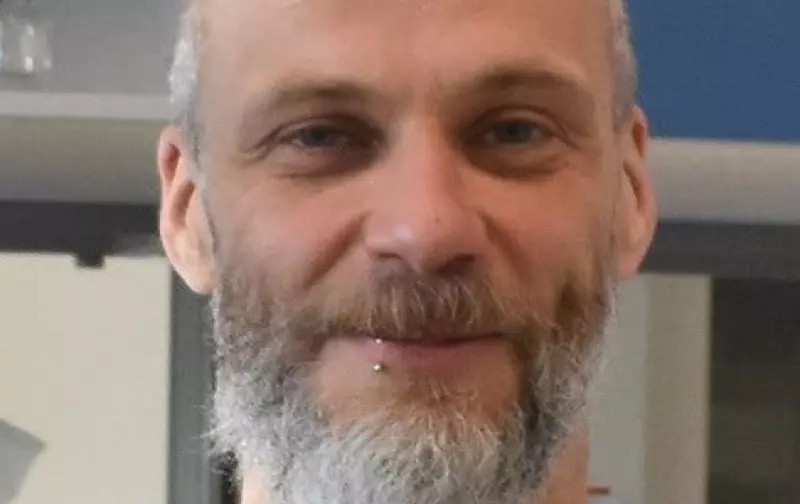Marcus Braun Group
Institute of Biotechnology, CAS

Microtubule cytoskeleton is a self-organizing intracellular network of filaments with a plethora of associated proteins, involved in a multitude of cellular processes, and essential for cellular cargo trafficking. Tubulin, the protein that comprises microtubules, is subject to a large variety of post-translational modifications, which most likely modulate the interactions of microtubules with microtubule-associated proteins. Multiple intrinsically disordered microtubule-associated proteins form domains on the microtubule surface, which differentially modulate the accessibility of the microtubule surface to other microtubule-associated proteins. These regulatory mechanisms of the microtubule cytoskeleton are especially pronounced in neuronal cells. Our aim is to mechanistically understand the formation of the domains, to decipher the interplay between the post-translational modification of tubulin and the formation of the domains and to uncover their combined downstream regulatory roles in microtubule-based processes, such as trafficking of cellular cargo. We use a bottom-up approach – reconstituting the microtubular systems from individual components in vitro. Central to our approach are single molecule experimental techniques.
FUTURE PROJECTS
Long range cargo trafficking is crucial especially in highly elongated cells, such as neurons. Molecular motors haul cellular cargoes, such as organelles along the microtubules back and forth between the neuronal cell body and its peripheries. Malfunctioning of the trafficking results in serious pathologies, such as various forms of neurodegeneration. Our aim is to understand the interplay between the regulatory roles of tubulin modifications and the domains of intrinsically disordered microtubule-associated proteins on various molecular motors driving the trafficking and the interplay between the motors themselves in fine-tuning the cargo trafficking.
Institute of Biotechnology, Czech Academy of Sciences
Prumyslova 595, 25250 Vestec, Prague West
Czech Republic
since 2017
Principal Investigator, Institute of Biotechnology, Czech Academy of Sciences, Prague, Czech Republic
2009 - 2017
Post Doc, Max Planck Institute of Molecular Cell Biology and Genetics and B CUBE - Center for Molecular Bioengineering, TU Dresden, Germany
2009
PhD in biochemistry, Kings College London, London, UK
Henrichs V, Grycova L, Barinka C, Nahacka Z, Neuzil J, Diez S, Rohlena J, Braun M, Lansky Z. Mitochondria-adaptor TRAK1 promotes kinesin-1 driven transport in crowded environments.
Nature Communications, 2020, 11(1):3123.
Siahaan, V., J. Krattenmacher, A. A. Hyman, S. Diez, A. Hernandez-Vega, Z. Lansky and M. Braun
Kinetically distinct phases of tau on microtubules regulate kinesin motors and severing enzymes.
Nature Cell Biology, 2019, 21(9): 1086-1092.
Hernández-Vega A, Braun M, Scharrel L, Jahnel M, Wegmann S, Hyman BT, Alberti S, Diez S, Hyman AA.
Local Nucleation of Microtubule Bundles through Tubulin Concentration into a Condensed Tau Phase.
Cell Rep. 2017 Sep 5;20(10):2304-2312.
Lansky Z, Braun M, Lüdecke A, Schlierf M, ten Wolde PR, Janson ME, Diez S.
Diffusible Crosslinkers Generate Directed Forces in Microtubule Networks.
Cell, 2015, 160: 1159–1168.